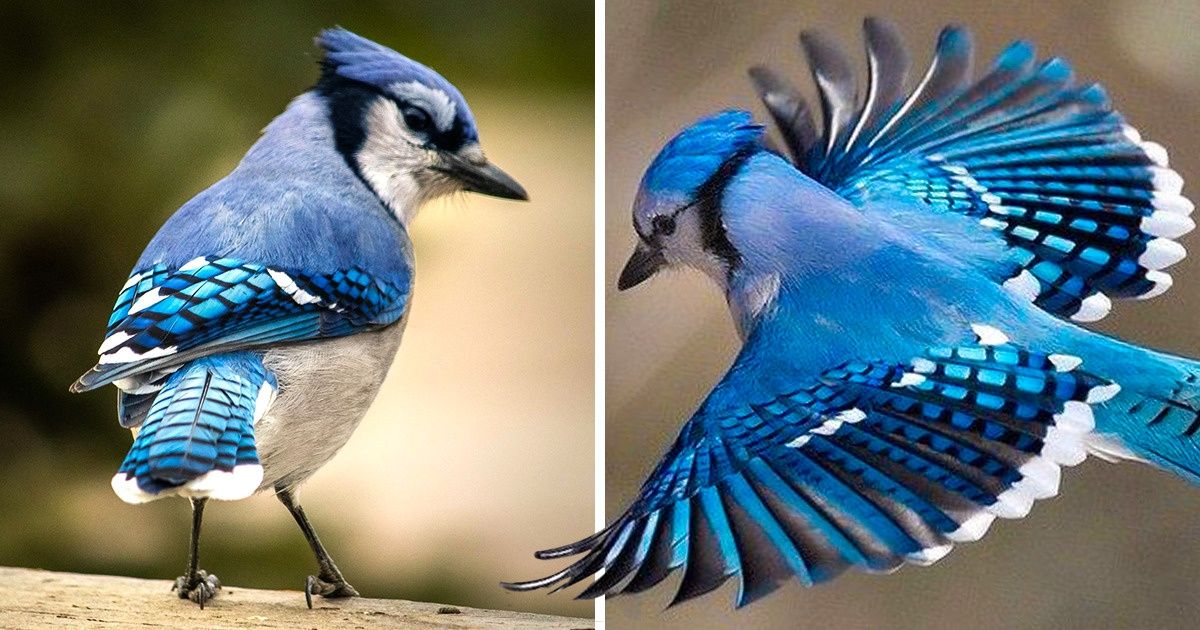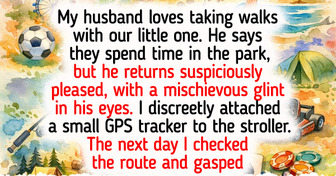15 Stepchildren Who Finally Saw Their Stepparents as Real Family


The current population of blue jays across the globe falls under a category called: “least concerned.” Maybe that is the reason this beautiful bird is so under-appreciated. About a tea-cup in size, blue jays are extremely intelligent and the beauty they carry is hard to miss — especially their ocean blue feathers!
Bright Side would like to share some little known facts about this gorgeous bird with our readers.
Their blue wings, which look like stained glass, make the bird beautifully stand out from the rest. But they have a secret — the blue jay is not really blue — it’s an illusion. In fact, blue jays lack the blue pigment and have brown pigment instead. The bird appears to be blue to our eyes due to the scattering of light.
A real beauty with brains, blue jays are mimics. They can repeat the bird calls of other birds and are extremely good at mimicking the call of hawks! Blue jays are well... expressive, and for folks who have some in their area, they will surely tell you that these birds are “noisy.” They can be heard saying “Jay! Jay!” throughout the day, hence the name.
Apart from their slight difference in size and mating behavior, there is no way you can tell a female blue jay from a male. While most species have distinct characteristics when it comes to different sexes, both male and female blue jays look the same.
In terms of life span, if they are not eaten up by hawks and other big guys, blue jays can live up for a good 16-17 years. In fact, a blue jay in captivity lived for 26 years. Their secret — a diet containing nuts, acorns, seeds, berries, and insects. So, next time you spot a blue jay, you can leave some food out for your little bird friend.
Does this bird remind you of stained glass too? Which bird is native to your area? Share their photos with us in the comments!











